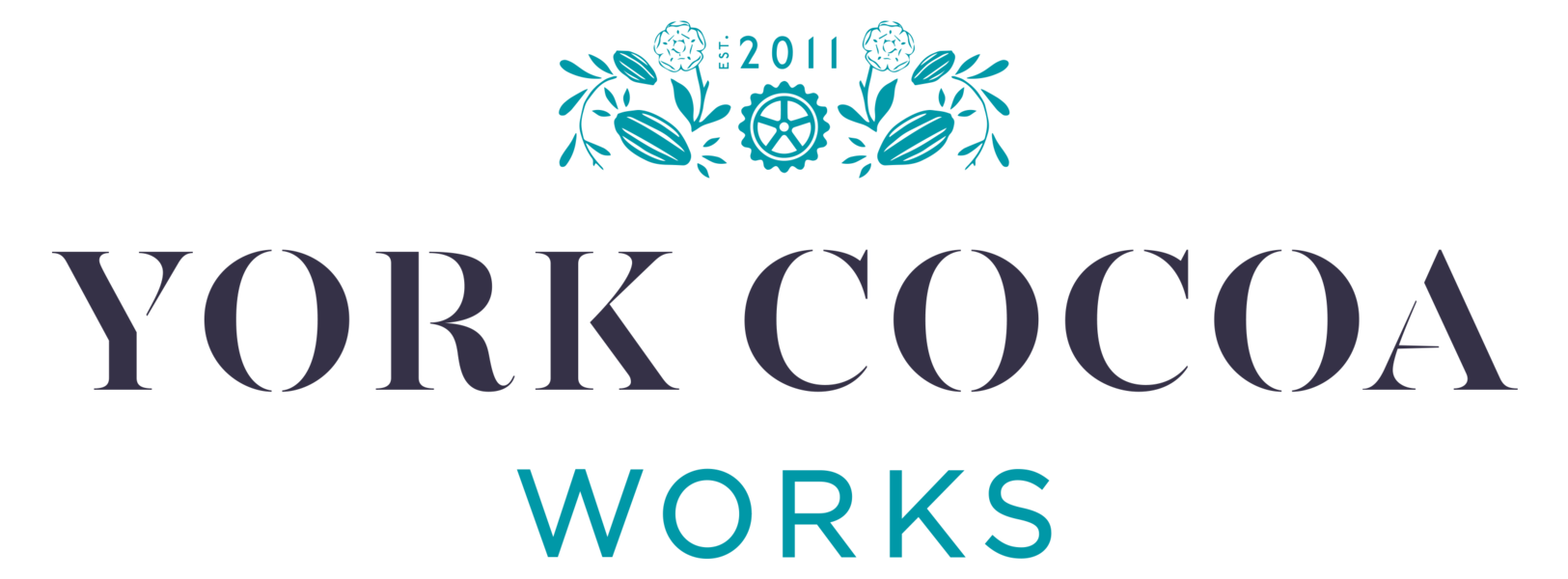It's All About the Cacao!
The last few weeks have all been about the cacao. The raw little beans that magically transform into the chocolate that we love!
Our journey and adventure into chocolate making has been an interesting and long one, at times tedious and unnecessarily slow and at others overwhelming in choices, ideas and opportunities. My first ambition to make chocolate was inspired by a school girl in the US called Amy, at aged 9 she had assembled rudimentary domestic items in her own home to learn how to create chocolate from scratch. Amy experienced some of the same things I have heard along the way - that basically it's not possible without a large factory and expensive equipment. With a large factory on our door step and mentalities that have been doing it the same way for so long, like us, Amy experienced a lot of resistance to her idea, until she found encouraging friends to support her project, the product she created finally proved that it could be done. While it can be done, its not to necessarily say that its easy to do, and that's where my own determined journey started, reading, listening, learning, playing and finding a way to do it anyway.
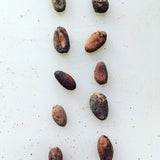
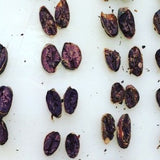

One of the biggest challenges then and still today is connecting in with a supply chain that is so entrenched in the way its always been done it creates barriers to entry prohibitive to an aspiring chocolate maker just starting out and learning their craft. But what is exciting is that since Amy started out on her journey over 15 years ago, and I became inspired by her 9 years ago - is the rest of the world and an emerging sector of the chocolate industry has realised it's not such a stupid idea anymore.
So, as I said, the last few weeks have all been about the cacao. From working with samples at the London Chocolate Show, presenting the International Chocolate Awards, studying with the Fine Chocolate and Cacao Institute, celebrating with our farmers at the International Cocoa Awards in Paris and then confirming our cacao orders with our Colombian cacao partners. It's been a busy few weeks!
One particular highlight was to have the opportunity to learn from Chloe Doutre-Roussell, the former chocolate buyer at Fortnum & Mason, whose book - "The Connoisseurs Guide To Chocolate" can be blamed for introducing me to Amy's story and the very idea of a chocolate expert. Having received Chloe's book as a present for Christmas in 2008 I proclaimed in the New Year that my resolution would be to become a chocolate expert just like Chloe! Everyone thought it was a joke, a fantastical job that couldn't possibly exist. So, to have the opportunity to work with Chloe has been beyond exciting, it was a long ambition coming full circle.
Our key objective these last few weeks was to get a thorough understanding of cacao, what quality must look like, what volumes we need, what flavours we are looking for, what impact we want to make and who we want to work with.
Our vision remains as it was from the outset - we aspire to create shorter, more connected and valued supply chains. Our ambition is not to own cacao farms, it is to work more directly and with more impact with those that do, valuing their expertise and hard work in cultivating the essential material of our chocolate. It is important to recognise that there are some links in the chain that are valuable, part of our journey is to understand where value needs to be added and where a challenge or an opportunity presents itself and what we need to do to overcome these.
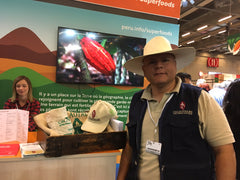

The reality is there are an increasing number of cacao farmers, traders and operators wanting to bring a product to market where the crop and their work is valued. When the current price of cacao at the farm gates is at a depressing low, who can blame them. It doesn't all have certificates or qualifications, it's not all of a "fine" standard, or originating from a country with "fine" designation. The truth and reality of cacao is that it's messy, it's temperamental, it's beautiful and it embodies so many elements of humanity in a process evolved and been developed by an innovative chain that transcends countries, continents, civilisations and communities.
Over the coming months we must start making our commitments to cacao. Which trader, which country, which region, which farmer, community, variety, harvest, volume, what impact and at what cost. I am very appreciative of the organisations that have been supporting us on our journey so far with knowledge, insights, cacao and the sharing of their network.
The one thing we do know from our learning the last few weeks is that it will continue to be a long learning process, I have now come to understand that it might always be so. Our best approach is to always keep an open mind with open discourse and an open approach to our stakeholders from across the spectrum. I would appreciate and welcome your thoughts, perspective and ideas as this week we learn and start making the necessary decisions.
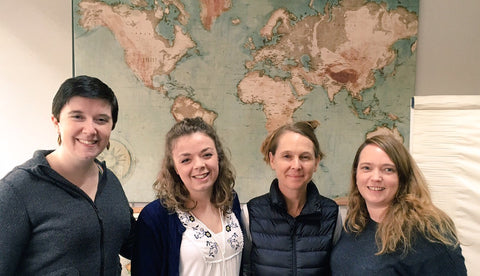
Next →
← Previous
